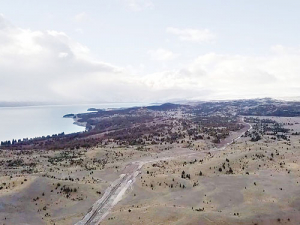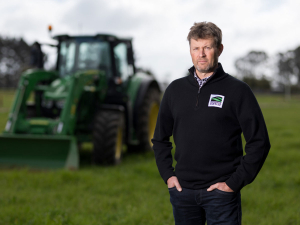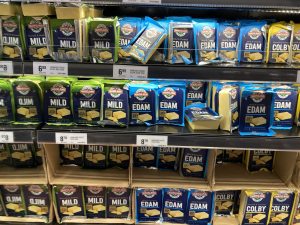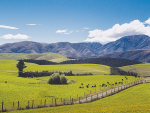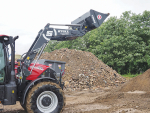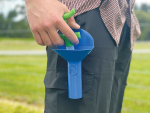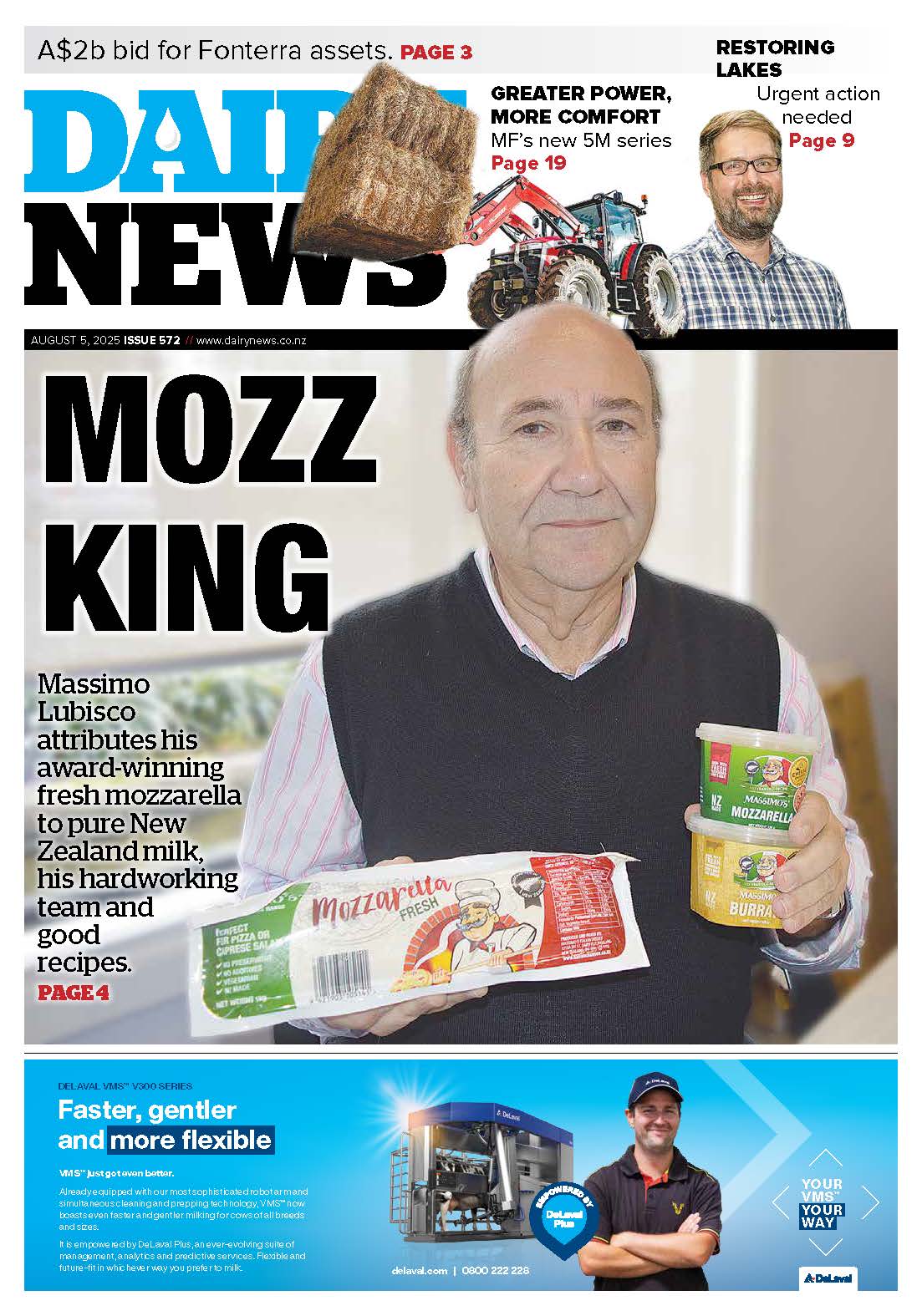Construction of the first of three planned dairy shes, and the main pipeline for an extensive irrigation system is now well underway on Simons Pass station.
Owner Murray Valentine, a Dunedin accountant with other large agricultural and commercial interests, says the main irrigation pipeline is now 50-60% complete and irrigation will start late October.
Valentine has since 2003 worked on the various consenting requirements of ECan, the Mackenzie District Council and LINZ; and after six years effort he has gained Environment Court agreement; a large part of the property will go into a conservation area.
This is why he doesn’t hide his frustration that Simons Pass is now the focus of a fast-growing online Greenpeace petition calling on the government to prohibit new dairy conversions.
Greenpeace’s accompanying press release describes Simons Pass as “a major dairy incursion into wilderness country” and “a massive dairy operation for up to 15,000 cows”.
Valentine says he has never had a plan to put 15,000 dairy cows on the farm. He does have a discharge consent for effluent for up to 15,000 cows but points out that like all consents it comes with the obligation to manage nutrient discharge using Overseer.
“So we haven’t got an open slather to put 15,000 cows on the farm and just lift our fingers to everybody.
“Saying that we’re doing 15,000 is a much better publicity thing than saying that we’ve got to complete an Overseer report, work out our nutrient discharge, and that will determine our stocking rate. That’s not what people want to hear if they’re on the Greenpeace side.”
The property is 9600ha -- about 5500ha in pastoral lease and the balance freehold. It straddles SH8 just south of Lake Pukaki and is bounded by the Pukaki River to the west and the Mary Range to the east.
A buried pipeline will bring water 8km from the Tekapo canal into the northern part of the farm and to two neighbouring farms. The main water flow then goes under the highway and down the middle of the Pukaki flats, which will be the largest part of the irrigated area.
Valentine says monthly water monitoring of 10 sites around the station, the Tekapo River and Maryburn Stream shows the project is unlikely, “certainly in the initial stages,” to have any impact on the waterways and groundwater.
He said Overseer calculations now being worked on envisage a maximum of about 5500 dairy cows, up to 8000 animals in a beef finishing operation and 3000 to 4000 sheep.
The development will take about seven years because the irrigation consents require it to be done incrementally. Eventually there will be three dairy sheds, each handling 1800 to 2000 cows.
The farm will be self-contained, producing all its own stock, including 1000 to 1500 replacement dairy and 4000 beef animals a year. It will also produce all its own feed on the irrigated land.
Partly because of the restrictions placed on the development – including Mackenzie District Council rules against building staff accommodation – the farm looks like becoming among the most modern in the country.
Driverless electric tractors, aerial drones and robotic milkers are being considered.
“It’s fortunate but it’s unfortunate. When we made the application to the commissioners for the consents we [reckoned on] probably 120 jobs on the farm. I [now] reckon we might have 60,” says Valentine.
Technology such as virtual fencing with GPS-controlled collars on the stock is “very high on the capex list.”
The key thing is getting the farm as efficient as possible, he says.
“It’s a large property if you have to drive someone 10km to the end of the farm. Better to send a drone down, have a look, then come back.”





